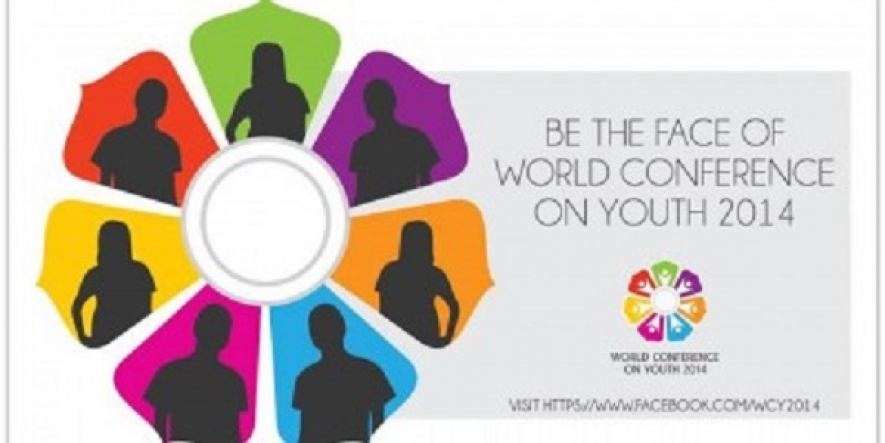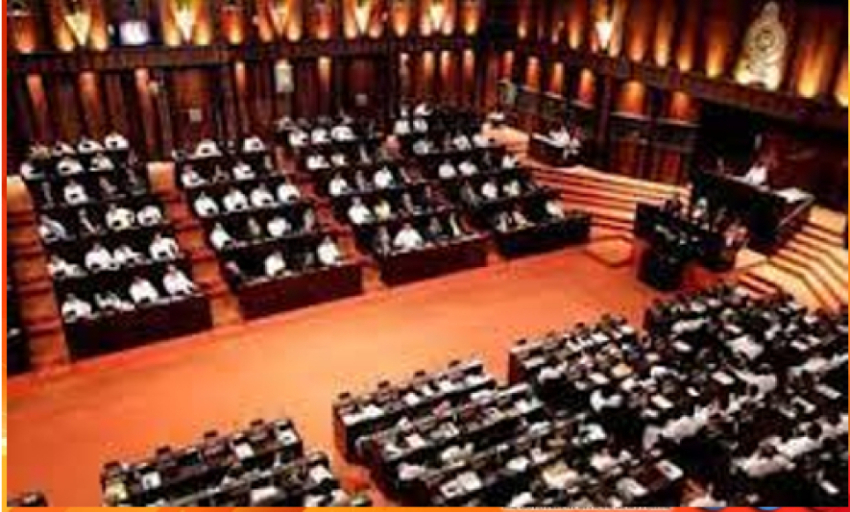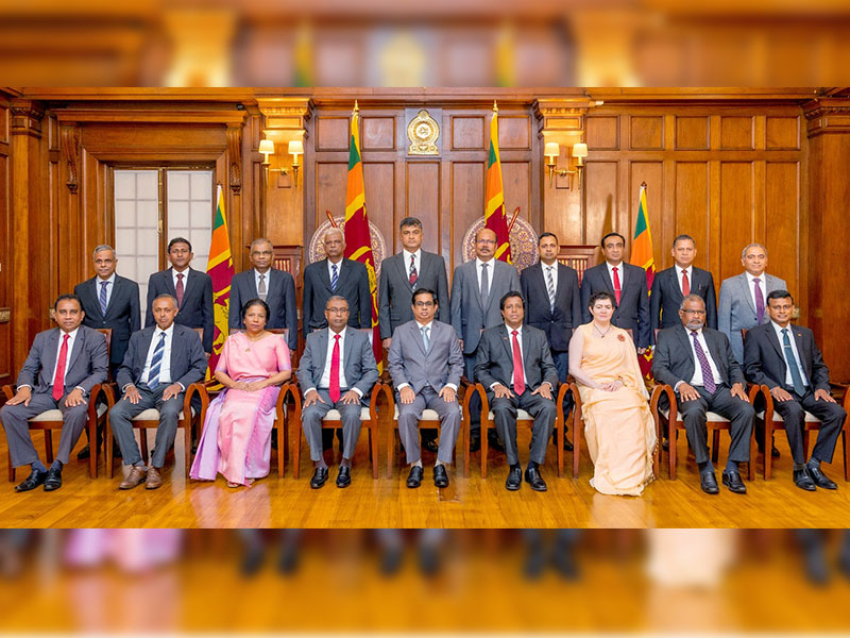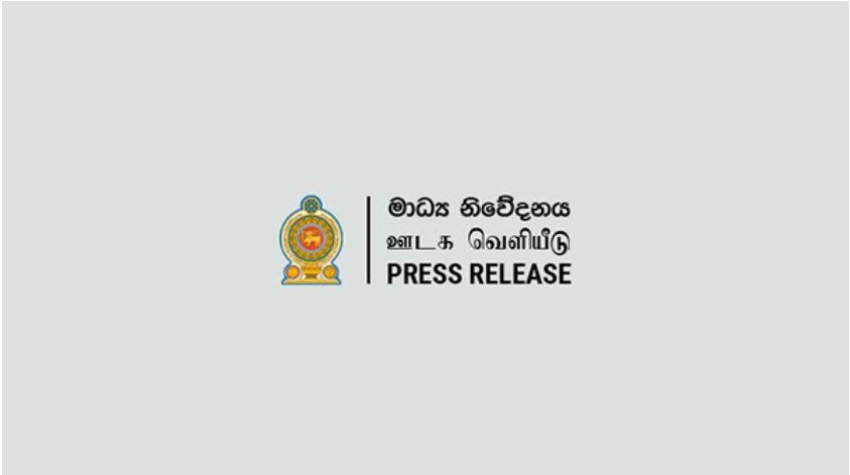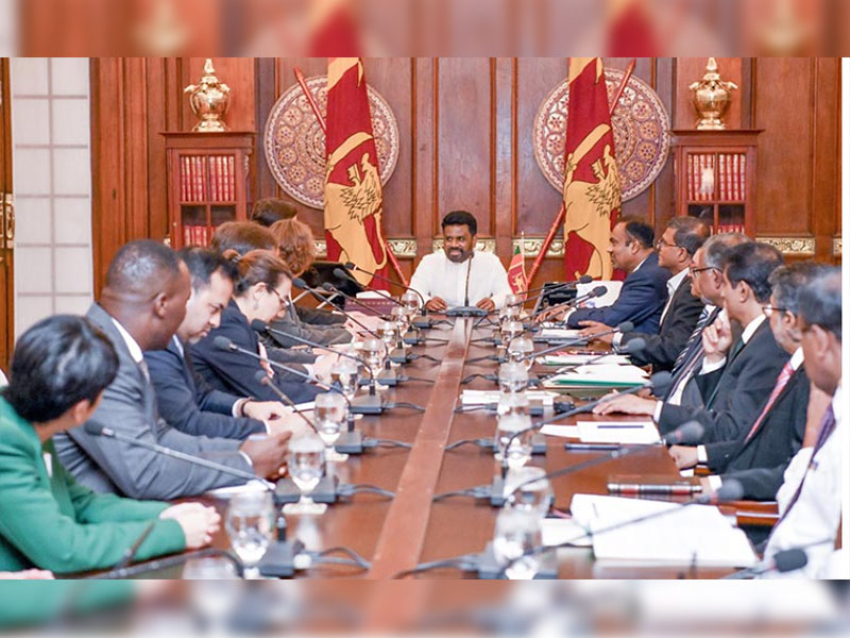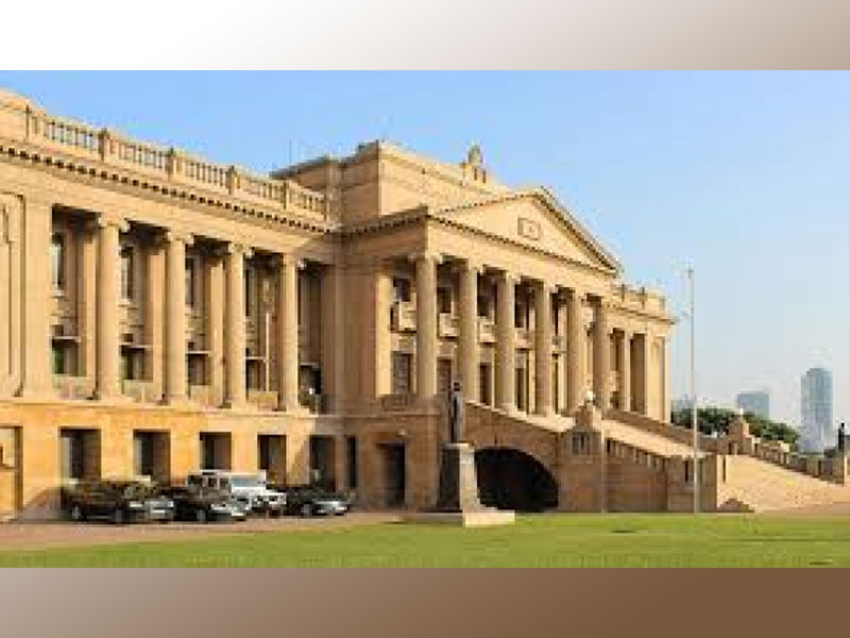He pointed out that social media and marketing campaigns do not necessarily educate youth on health and went on to explain how new media, by promoting unattainable beauty and substance abuse, encourage risky behavior. He also spoke of how young people are sometimes denied family planning and contraceptives, and some women still need to seek permission to use contraceptives.
The majority of the world’s youth are growing up in poverty or in near poverty situations he said, adding that the issue had resulted in some youth selling themselves in order to obtain money. He drew the attention of the audience to the issue of young migrant girls being subject to abuse. Policies should favor the girl child so as to prevent sex selection, Dr. Derveew said.
Youth were urged to make policies with a view to promoting mental and nutritional health and eradicating suicides. Adolescents are the ultimate stakeholders of health, and it is necessary to ensure a proper health service is delivered to them, he said. In conclusion, he urged the youth to ensure a legal framework that protects the health of young people.
Mr. Josko Mise, President of the International Federation of Medical Students’ Associations (IFMSA), spoke about the lack of accessible, affordable, stigma free and youth friendly healthcare. He emphasized the need for youth to be included in health awareness programs and discussions. In addition, he spoke about how precise and up-to-date information on adolescent health will help ease the current general lack of knowledge on health issues among youth.

